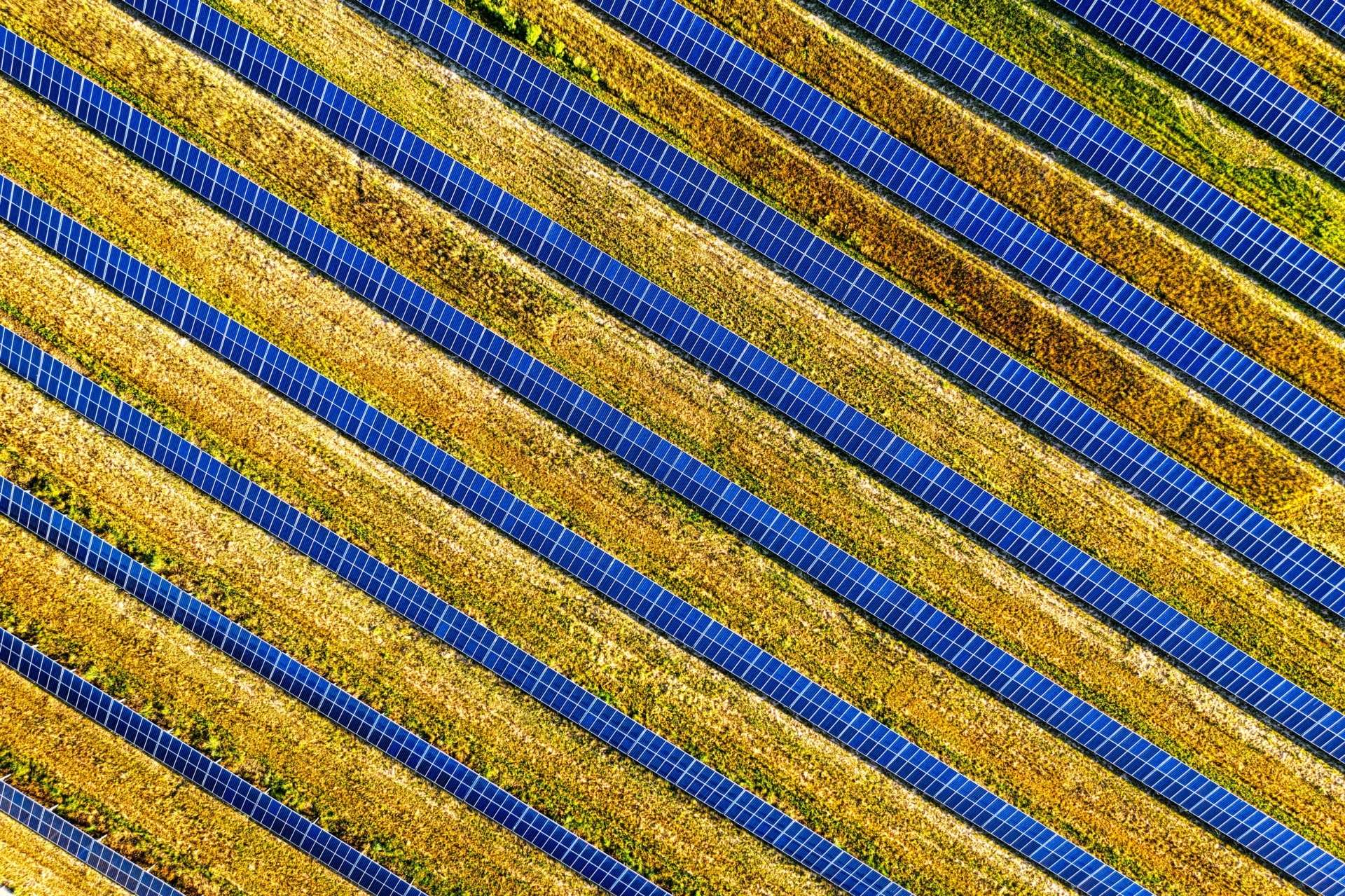You could say that digitalisation has made the world both a smaller and bigger place at the same time; people on opposite sides of the planet can now connect online, whilst technological innovation continues to push the frontiers of planetary discovery even further.
You could also say that the prosperity of both present-day and future society is in fact contingent on such connectivity and progress.
But what the future is arguably even more contingent on is reducing the impact of the telecommunications industry that underpins connectivity and progress, as its growing digital footprint pushes the needle on climate change.
A focus on emissions reduction, clean energy adoption and holistic sustainability within the telecoms sector is therefore essential. As a result, many telcos have begun embedding environmental and social responsibility into their business strategy, operations and innovation.
Impakter Index evaluates sustainability of telecommunications
To assess the current sustainability landscape within the telecommunications industry, the Impakter Index recently launched its fifth sustainability report, this time focused on 10 of the world’s biggest telcos:
- Deutsche Telekom
- Verizon
- Nippon Telegraph and Telephone (NTT)
- Xiaomi
- Vodafone
- Comcast
- Qualcomm
- Huawei
- Charter Communications
- China Mobile
Impakter Index sustainability reports are designed to be a reliable and accessible go-to source of independent information on how companies are contributing to a more sustainable future. They offer a comprehensive “Sustainability Scorecard” and A-F sustainability rating for each company analysed.
Here’s a snapshot of some of the report’s findings on telcos’ efforts in the areas of emissions, energy, diversity, circularity and environment (you can read the full Impakter Index Sustainability report here.)
Emissions
The Impakter Index report coined Deutsche Telekom as a “pioneer when it comes to sustainability,” also stating that the company has reduced its emissions by 91% since 2017 and aims for climate neutrality across the whole value chain by 2040.
It was stated in the report that Verizon is expected to “achieve full sustainability in a few years” and that the company is anticipating a reduction in scope 1 and scope 2 operational emissions by 53% by 2030.
Similarly, the Index report stated that NTT has reduced its greenhouse gas (GHG) emissions by 38% since 2013 and it was noted that the company has “detailed data on the GHG emissions including the sources of emissions.”
It was also stated that Qualcomm has decreased scope 1 and 2 GHG emissions by about 24% through 2021.
Energy
When it comes to energy, the Index report stated that Deutsche Telekom uses 100% green electricity overall; Verizon has obtained 653 ENERGY STAR certifications and has 79 locations with EV charging stations; and Qualcomm has decreased power consumption in its flagship Snapdragon products by at least 10% annually.
Vodafone was described in the report as a company which “recognises that its role in society is more vital than ever,” stating that the company has powered its European network entirely by renewable energy since 2021 and uses 77% renewable energy globally.
Related Articles: How AI Is Driving the Sustainable Transition in Telecommunications | How Green is Your Screen Time? The Carbon Footprint of Video Streaming | Electrifying the Roads: Overview of the Electric Vehicle Industry | How Close Are The Most Sustainable Car Brands To Achieve Net Zero by 2050? | The H&M Greenwashing Scandal: Has Business Learned the Lesson?
It was also mentioned in the Index report that Comcast wants to become climate neutral by 2035, has installed a solar farm at one of its facilities and is committed to powering more of its facilities with renewable wind energy by 2031.
Furthermore, the report also outlined how China Mobile has reduced its network energy use by 50%.
Diversity
The report stated that at Deutsche Telekom, females make up 35.7% of the workforce.
It also stated that one of Vodafone’s three defined purpose pillars is “inclusion for all,” that 32% of those in management and senior leadership roles are women and that the company aims to increase this to 40% by 2030.
Similarly, at Charter Communications, the Index report stated that 33% of the workforce are individuals that identify as females and that the total diverse representation by race and ethnicity is 49%.
Qualcomm’s sustainability was reflected in the company’s commitment “to drive a diverse and inclusive workforce” stated the report.
The report mentioned how Comcast is focusing on diversity, inclusion and equal opportunities, having donated millions of dollars to “fight injustice and inequality against any race, ethnicity, gender identity, sexual orientation or ability.”
Furthermore, the report stated that Huawei is “dedicated to sustainable socioeconomic development and strives to build a better, well connected world, where everyone can share everything.”
Circularity & Environment
The report noted that Deutsche Telekom has saved about 275 metric tons of paper in 2021, aiming to completely eliminate paper use wherever possible by 2025. The company’s commitment to scaling up use of sustainable packaging was also highlighted.
Similarly, the Index report stated that Verizon recycled or reused approximately 35.5 million pounds of e-waste in 2021, that NTT had a recycling rate of 98.4% in 2020 and 97.8% in 2021 and that only 1% of Vodafone’s waste was landfilled in 2022.
Huawei was also stated in the report to have launched multiple initiatives that benefit biodiversity and has started using less plastic in its phones’ packaging.
What’s more, the report noted that Xiaomi has saved around 2,000 metric tons of water across its office parks and produced around 328 metric tons of organic fertilizer and animal feed from 3,386 metric tons of kitchen waste in 2021.
The digital, connected and green future
The telecommunications industry is extremely important for society both today and in the future, because it underpins digitalisation and is vital in driving the sustainable transition.
Therefore, given the increasing reliance on telcos, the continued growth of the sector is imperative. But this growth must occur in a green and ethical way.
How? Well, as the Impakter Index sustainability reports outline, through:
- Rapid emissions cuts
- Widespread adoption of renewable energy
- Prioritisation of human rights and employee welfare
- Decarbonisation of services, products and supply chains
- Setting clear sustainability targets
- Frequent and transparent sustainability reporting
- Using the United Nations Sustainable Development Goals (SDGs) as a universal compass
- Obtaining sustainability certificates
You can read more about the Impakter Sustainability Index and this latest Telecommunications report as well as the previous reports on other industries including Automotive, Fashion and Beauty Care, Apps and Entertainment and Finance and Banking.
Editor’s Note: The opinions expressed here by the authors are their own, not those of Impakter.com — In the Featured Photo: Fibre optics. Featured Photo Credit: Umberto














